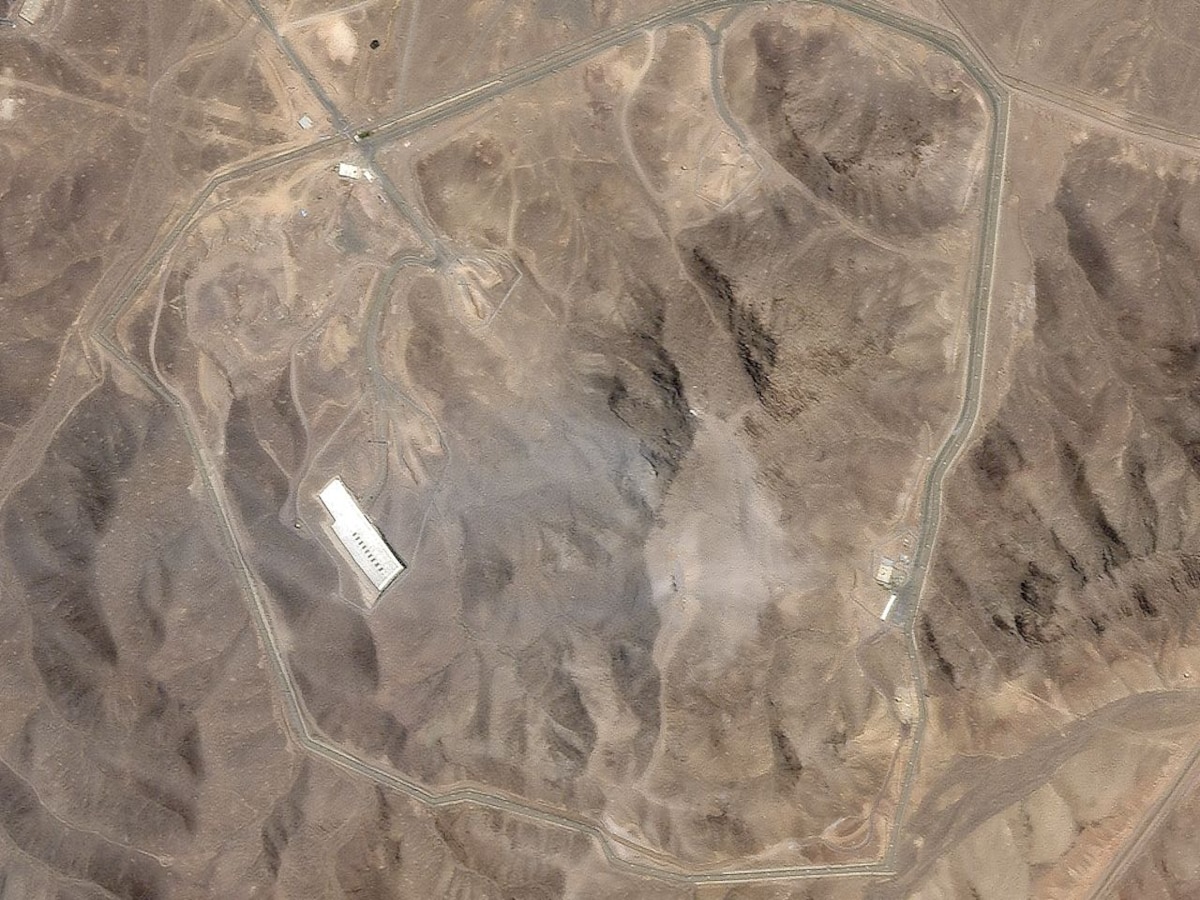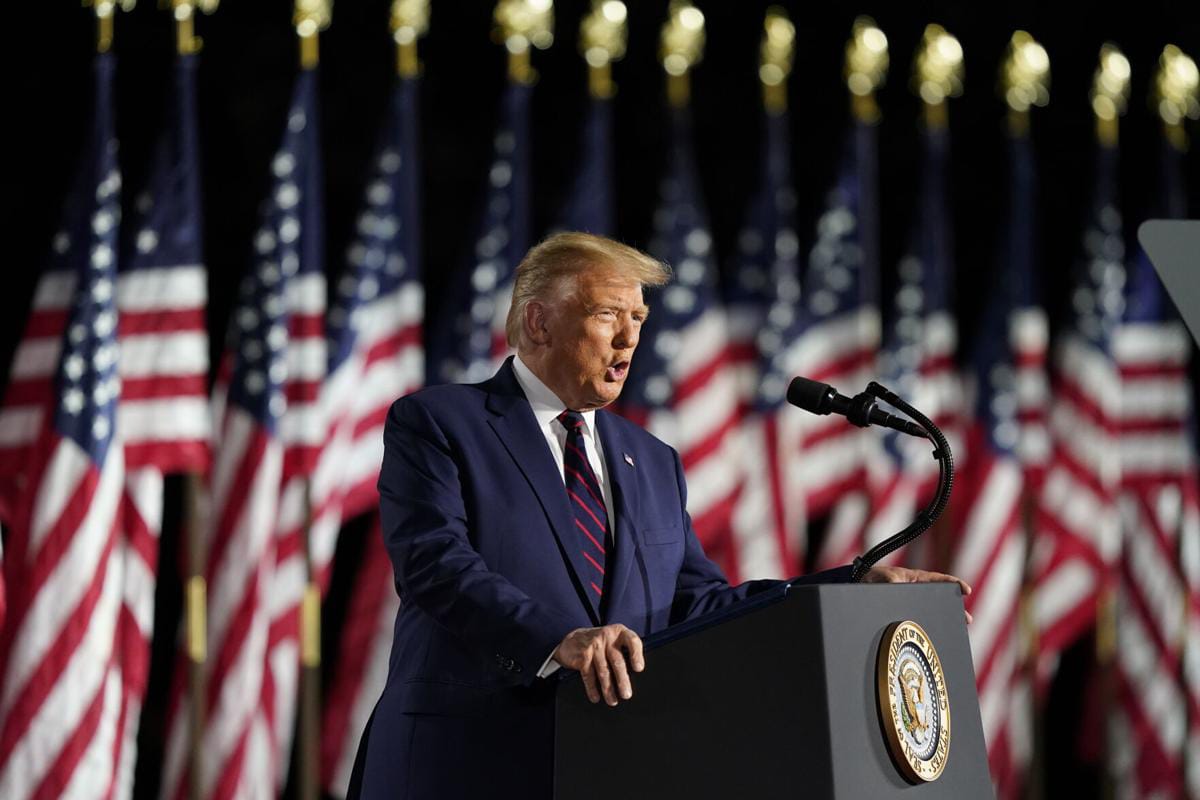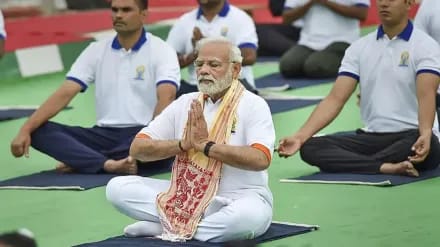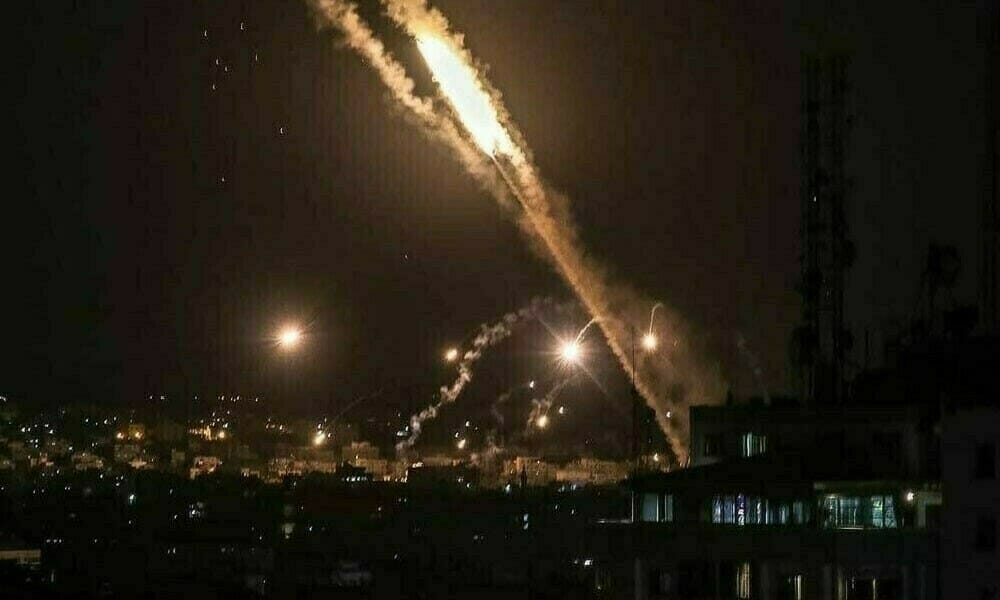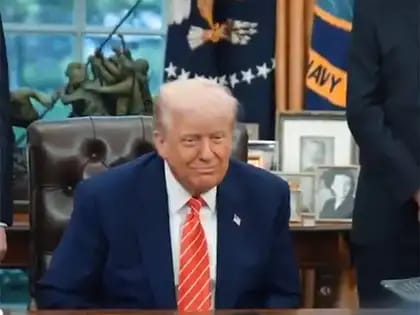
In today’s news update, former US diplomats have taken an unexpected diplomatic step. A high-level meeting is planned between President Donald Trump meets Pakistan Army Chief Asim Munir. The meeting comes just days after news broke that the US had not invited Pakistan to a major parade, raising questions about the state of bilateral relations. With protesters in Pakistan calling Trump a “dictator” and Iran-Pakistan relations under scrutiny, the meeting could have far-reaching geopolitical consequences, so what’s really going on? Let’s break it down.
All the points in this post
Trump’s Rocky History with Pakistan
Donald Trump’s relationship with Pakistan has not been smooth. During his presidency, he famously accused Pakistan of “lies and deceit” despite receiving billions in US aid. His administration has suspended military aid, straining relations with Islamabad. However, Trump has also acknowledged Pakistan’s role in facilitating the US-Taliban talks that ultimately led to the Doha agreement. Now, as he looks toward another potential White House run, this meeting with General Munir signals a readjustment of his approach — or at least an attempt to mend fences.
Why This Meeting is Happening Now
The Middle East is in turmoil, with Iran and Israel trading attacks and regional stability hanging by a thread. Pakistan is in a precarious position, with its nuclear arsenal and longstanding ties to Iran and the US. Engaging with Pakistan’s military leadership could be a wise move on Trump’s part: to determine Pakistan’s position on the Iran-Israel conflict. Discuss counterterrorism efforts, especially with groups that pose a threat like the TTP (Tehreek-e-Taliban Pakistan).
The Denied Parade Invite: A Diplomatic Snub?
According to reports, Pakistan reportedly felt humiliated when it was denied an invitation to the US military parade. While the exact reasons remain unclear, some speculate that it is linked to Pakistan’s deepening ties with China or a reluctance to fully align with US interests in the region. This makes Trump’s upcoming meeting all the more intriguing – is it a damage-control effort, or is there a bigger game at play?
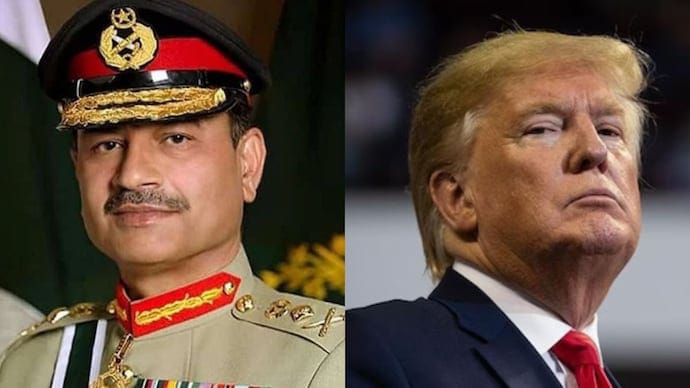
Protesters Call Trump a ‘Dictator’—Will This Affect Talks?
In Pakistan, Trump remains a polarizing figure. Some see him as an unpredictable leader whose policies have damaged Pakistan, while others see him as a pragmatic deal-maker. Protests have erupted ahead of his meeting with Munir, with protesters calling him a “dictator.” While Pakistan’s military tends to prioritize strategic interests over public sentiment, the situation could still be complicated — especially if Trump makes the criticism public.
Iran-Pakistan Ties: A Key Discussion Point
Pakistan has historically tried to balance Washington and Tehran on its volatile border with Iran. With US-Iran relations at a fever pitch, Trump could put pressure on Munir. Pakistan’s stance on Iran’s regional activities. Border security cooperation to counter militant movements. Energy trade due to Pakistan’s reliance on Iranian oil despite US sanctions. If Pakistan signals any change in its Iran policy, it could ripple across the region.
What’s on the Agenda? Possible Outcomes
Experts speculate that the talks could include, although no formal agenda has been released. Ensuring that the Taliban keep their commitments on fighting terrorism in Afghanistan. Economic and military aid – Will Trump signal a restoration of aid? In light of Pakistan’s CPEC ties with China Beijing, how will US-Pakistan relations change? A major announcement seems unlikely, but even a symbolic handshake could signal a thaw in relations.
Global Reactions: Who’s Watching Closely?
India – US-Pakistan will view any military dialogue with suspicion. China will test in May whether Pakistan is turning to Washington. Iran – Will monitor any shift in Pakistan’s neutrality.
THE END A Meeting With High Stakes
Donald Trump’s upcoming meeting with General Asim Munir is more than just a photo op – it’s a strategic engagement that will have implications for US-Pakistan relations, Middle East stability, and regional power dynamics. Will it lead to new collaborations, or will old conflicts resurface? One thing is certain, the world will be watching closely.



